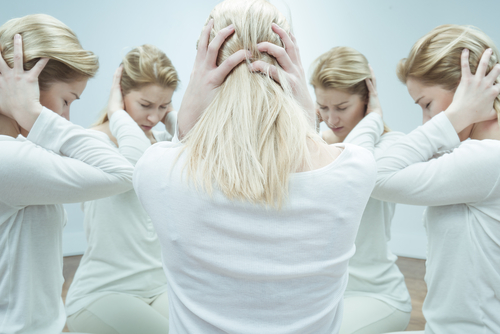Hallucination is a profound distortion in a person’s perception of reality, typically accompanied by a powerful sense of reality. An hallucination may be a sensory experience in which a person can see, hear, smell, taste, or feel something that is not there.
Causes of hallucinations include:
- Being drunk or high, or coming down from such drugs like marijuana, LSD, cocaine (including crack), PCP, amphetamines, heroin, ketamine, and alcohol
- Delirium or dementia (visual hallucinations are most common)
- Epilepsy that involves a part of the brain called the temporal lobe (odor hallucinations are most common)
- Fever, especially in children and the older people
- Narcolepsy (disorder that causes a person to fall into periods of deep sleep)
- Mental disorders, such as schizophrenia and psychotic depression
- Sensory problem, such as blindness or deafness
- Severe illness, including liver failure, kidney failure, HIV/AIDS, and brain cancer


